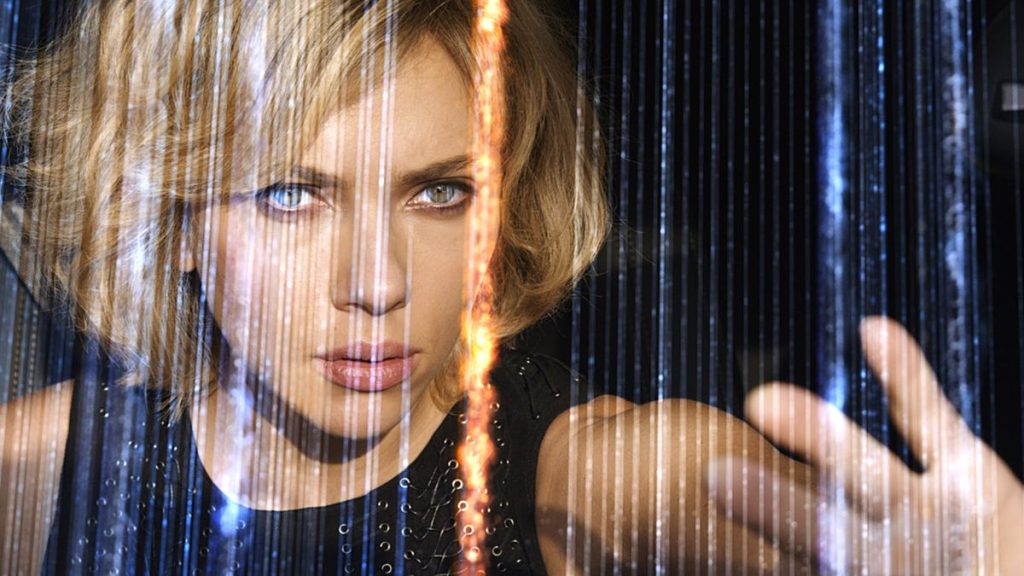Scarlett Johansson criticized OpenAI for creating a chatbot voice that resembled her own without her consent. OpenAI’s latest AI model, GPT-4 Omni, was showcased with enhanced conversational abilities, drawing comparisons to Johansson’s character in the movie “Her.” OpenAI has suspended the use of its AI voice, named Sky, while addressing the concerns raised by Johansson. The company denied copying her voice, stating that it belongs to a different professional actress. Google also introduced its own AI assistant in response to OpenAI’s advancements.
Johansson accused OpenAI and its founder, Sam Altman, of deliberately replicating her voice despite her initial refusal to license it. Altman had approached her to voice GPT-4o, claiming it would help users adapt to the integration of AI in everyday life. Johansson hired legal counsel to address the situation after discovering the use of her voice in OpenAI’s product. Altman clarified that the voice actor for Sky was chosen before any contact with Johansson, expressing regret for the lack of communication with her. OpenAI faces legal threats as it deals with allegations of copyright infringement from various industries, including Hollywood and the media sector.
OpenAI is under scrutiny for potential copyright violations linked to the unauthorized use of content for training AI models. The company has faced backlash from the entertainment and media industries, with a lawsuit filed by a group of newspapers against OpenAI and Microsoft. This legal action adds to the challenges OpenAI must navigate as it continues to develop AI technology. The controversy surrounding the use of Scarlett Johansson’s voice in GPT-4 Omni highlights the ethical considerations and legal implications of integrating AI with human-like capabilities.
The situation reflects the complexities associated with AI development, particularly in terms of voice cloning and representation. Companies like OpenAI must prioritize transparency, ethical practices, and respect for individual rights when utilizing voice technology. The response from both Scarlett Johansson and OpenAI indicates the need for clear communication and respect for intellectual property rights in AI development. As AI technologies advance, the industry must address concerns related to privacy, consent, and the ethical implications of replicating human voices without permission.
Moving forward, OpenAI and other AI companies will likely face increased scrutiny and oversight regarding the use of voice cloning technology. Actors like Scarlett Johansson play a crucial role in raising awareness about the potential misuse of their likeness in AI products. It is essential for the AI industry to establish guidelines and regulations to protect individuals’ voices and identities from unauthorized use in AI applications. By addressing these issues proactively, AI developers can foster trust, accountability, and ethical practices in the evolving landscape of artificial intelligence.


